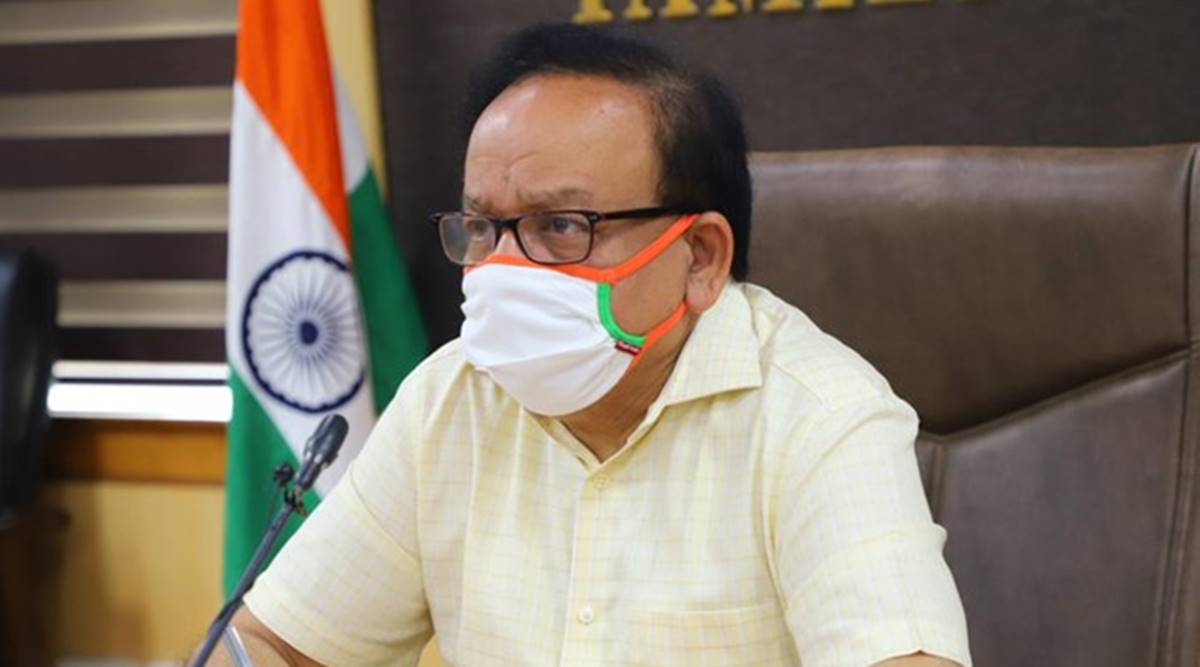 India will be self sufficient in testing by May end: Health Minister Dr Harsh Vardhan
India will be self sufficient in testing by May end: Health Minister Dr Harsh VardhanThe Union Minister for Health and Family Welfare, Science and Technology and Earth Sciences, Dr Harsh Vardhan, said Friday that more focused efforts are needed to improve the participation and contribution of states towards the nation’s science and technology development.
“I strongly feel that despite making a lot of efforts, states are not on board with the Centre in its science and technology programmes,” Harsh Vardhan said in reply to a question posed by Ashutosh Sharma, secretary, Department of Science and Technology (DST), in the maiden session of ‘In Conversation With’ series on Friday.
The interaction was held to discuss the soon to be formulated Science, Technology and Innovation Policy (STIP) 2020. On the occasion, the minister launched an STIP-2020 campaign webpage, which has been linked to ‘mygov’. The web portal will remain open for scientists, experts and the general public to send ideas and suggestions that will be considered for the latest policy.
Harsh Vardhan added that even though states have their own Science and Technology Councils, they have remained largely inactive. “Councils exist but the members do not meet. We need to interact more frequently with the state departments of Science and Technology (S&T),” he said.
Terming mega science events like Science Congress and the India International Science Festival (IISF) as platforms to facilitate interaction between the scientific community and the public, Harsh Vardhan called upon states to work in tandem with the Centre.
However, in the latest edition of the IISF in Kolkata, not more than five state S&T representatives were in attendance. Even the host, West Bengal, skipped the event held in November last year.
Sharma, the DST secretary, gave an overview of the numerous programmes, initiatives and newer developments that have been brought about through the DST, Department of Biotechnology, Council of Scientific and Industrial Research and Earth Sciences over the past six years.
Commenting on the policy, Harsh Vardhan said it will be an inclusive one. Once ready, this will be India’s fourth S&T policy. The first ever policy was brought out in 1958, followed by policies in 1983, 2003 and 2013.
“I appeal to the scientific community to be aware of their scientific social responsibility,” he added.